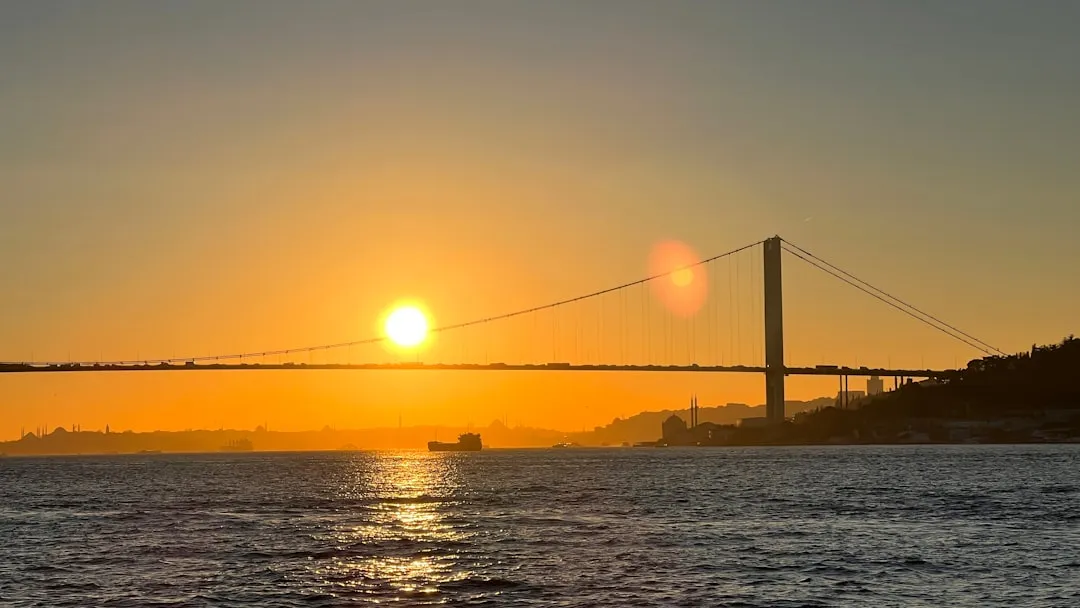Introduction
Every year, Holocaust Remembrance Day, or Yom HaShoah, serves as a solemn reminder of the atrocities faced by six million Jews during World War II and the collective responsibility to ensure such a tragedy never happens again. This day, observed on the 27th day of Nisan in the Hebrew calendar, is not just a time for reflection but also a call to action. Each year, communities around the globe come together to honor the memories of those lost and to educate future generations about the Holocaust's harrowing history. In this post, we will explore meaningful ways to commemorate this important day, weaving together personal stories, community initiatives, and educational efforts that honor the past while shaping a more compassionate future.
The Significance of Holocaust Remembrance Day
A Day of Reflection
Holocaust Remembrance Day is rooted in tragedy, yet it is also filled with resilience. The day invites individuals to pause and reflect on the horrors of the Holocaust, allowing us to confront the uncomfortable truths of human history. Millions lost their lives, families were shattered, and cultures were nearly extinguished. However, through remembrance, we can lend a voice to the voiceless and advocate for tolerance and understanding in our own communities.
educational initiatives
Education remains one of the most powerful tools to combat anti-Semitism and hatred. Schools and universities often organize events during this day, including guest speakers, film screenings, and discussions focused on Holocaust education. These initiatives aim to shed light on the complexities of history and teach students about empathy, respect, and the consequences of prejudice.
Meaningful Ways to Commemorate
Personal Reflection and Sharing Stories
One intimate way to commemorate Holocaust Remembrance Day is through personal reflection. Individuals can take a moment to remember family stories, share experiences, or even write about the impact of the Holocaust on their lives. Consider creating a family tree that includes those who perished during the Holocaust, sharing their stories with younger generations, or even writing a letter to them, expressing what their lives meant.
Storytelling as a Tool
Storytelling can serve as a powerful tool for remembrance. Communities can organize storytelling sessions where survivors or their descendants share personal narratives. These sessions not only honor those who suffered but also foster an environment of empathy and understanding. For instance, the story of Elie Wiesel, a Holocaust survivor who became a renowned author and activist, illustrates the importance of memory and the written word in preserving history.
community events and Vigils
Communities can come together to hold vigils, candle-lighting ceremonies, or memorial services that honor the victims. These events can serve as a poignant reminder of our shared humanity. In 2023, virtual vigils became increasingly popular, allowing people from different backgrounds and locations to unite in remembrance, thereby emphasizing the global nature of this observance.
A Global Approach
Organizations such as the United States Holocaust Memorial Museum and Yad Vashem are pivotal in promoting Holocaust education and remembrance worldwide. Their initiatives often include global commemorations, where individuals can participate from their homes, sharing a moment of silence and solidarity regardless of geographical boundaries.
Educational Workshops and Discussion Panels
Engaging with Holocaust education through workshops or discussion panels can be impactful. Schools and institutions can invite historians, educators, and Holocaust survivors to share their insights and experiences, allowing students and community members to engage in critical conversations about history, memory, and the importance of tolerance.
Art and Cultural Exhibitions
Art has always been a powerful medium for expressing emotions and stories. Many art galleries and museums hold exhibitions dedicated to the Holocaust, showcasing artwork created by survivors or pieces that reflect the experiences of those who suffered. These exhibitions can evoke deep emotions and provoke thought, serving as a reminder of the resilience of the human spirit.
Supporting Holocaust Education Organizations
Another meaningful way to commemorate Holocaust Remembrance Day is by supporting organizations dedicated to Holocaust education and remembrance. Donations can help fund educational programs, exhibitions, and resources that educate future generations about the dangers of hate and the importance of tolerance.
Incorporating Technology
Virtual Reality Experiences
With advancements in technology, virtual reality experiences have emerged as a powerful educational tool. Some organizations now offer virtual tours of concentration camps or immersive experiences that allow users to engage with history in a profound way. These technologies provide a unique perspective on the past, allowing individuals to witness the reality of the Holocaust firsthand.
Online Resources and Webinars
In our digital age, online resources such as webinars, podcasts, and documentary screenings have made Holocaust education more accessible than ever. Many organizations host these events around Holocaust Remembrance Day, providing an opportunity for people to learn from the comfort of their homes.
Conclusion
Holocaust Remembrance Day is not merely a day marked on the calendar; it is a vital reminder of the past and a call to action for the future. By engaging in meaningful acts of remembrance—whether through personal reflection, community events, educational initiatives, or support for Holocaust education—we honor the memories of those who suffered and ensure that their stories endure. As we reflect on the lessons of the past, we enrich our understanding of compassion, empathy, and the importance of standing against hatred in all its forms.
This remembrance is not just a tribute to those lost; it is a commitment to nurturing a world where such atrocities can never happen again. In honoring the past, we must also strive to create a better future—one rooted in understanding, acceptance, and love. Each act of remembrance, no matter how small, contributes to a collective effort to ensure that the shadows of the past do not darken our present or future.


 Join the Fun: Your Ultimate Guide to Turkey Trot Events
Join the Fun: Your Ultimate Guide to Turkey Trot Events
 Caroline Kennedy: Exploring the Legacy and Influence of a Modern Diplomat
Caroline Kennedy: Exploring the Legacy and Influence of a Modern Diplomat